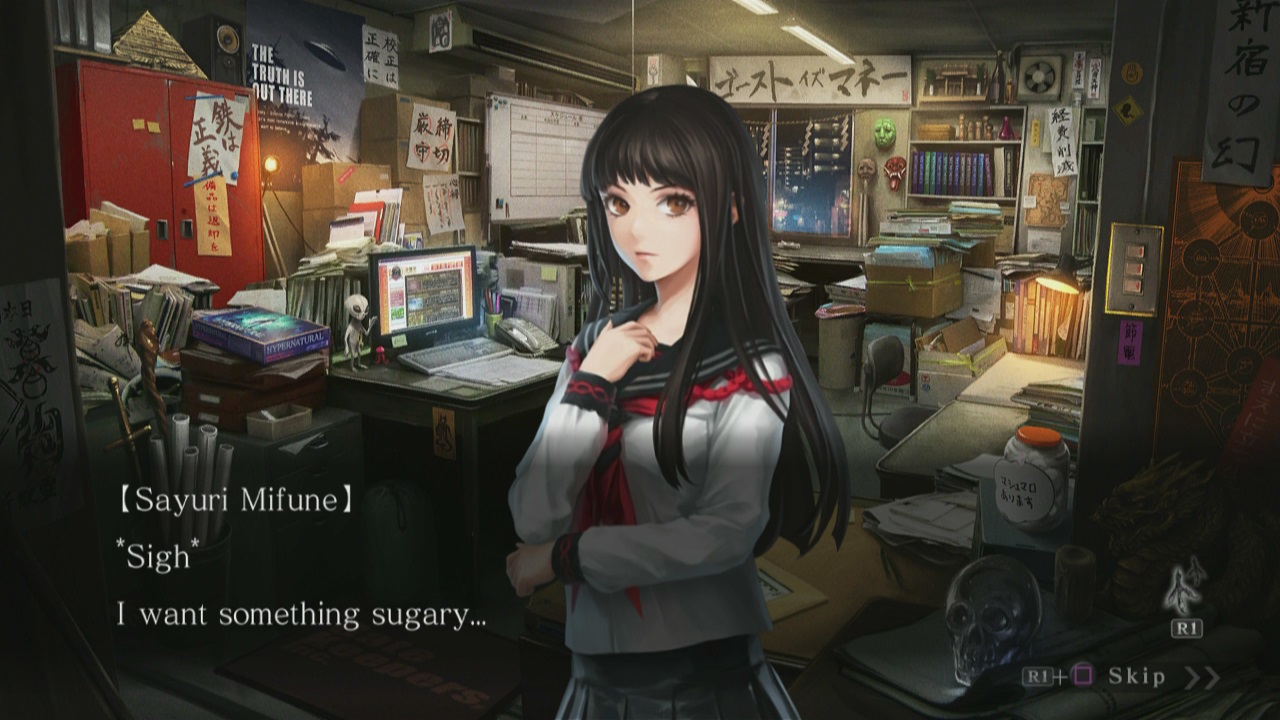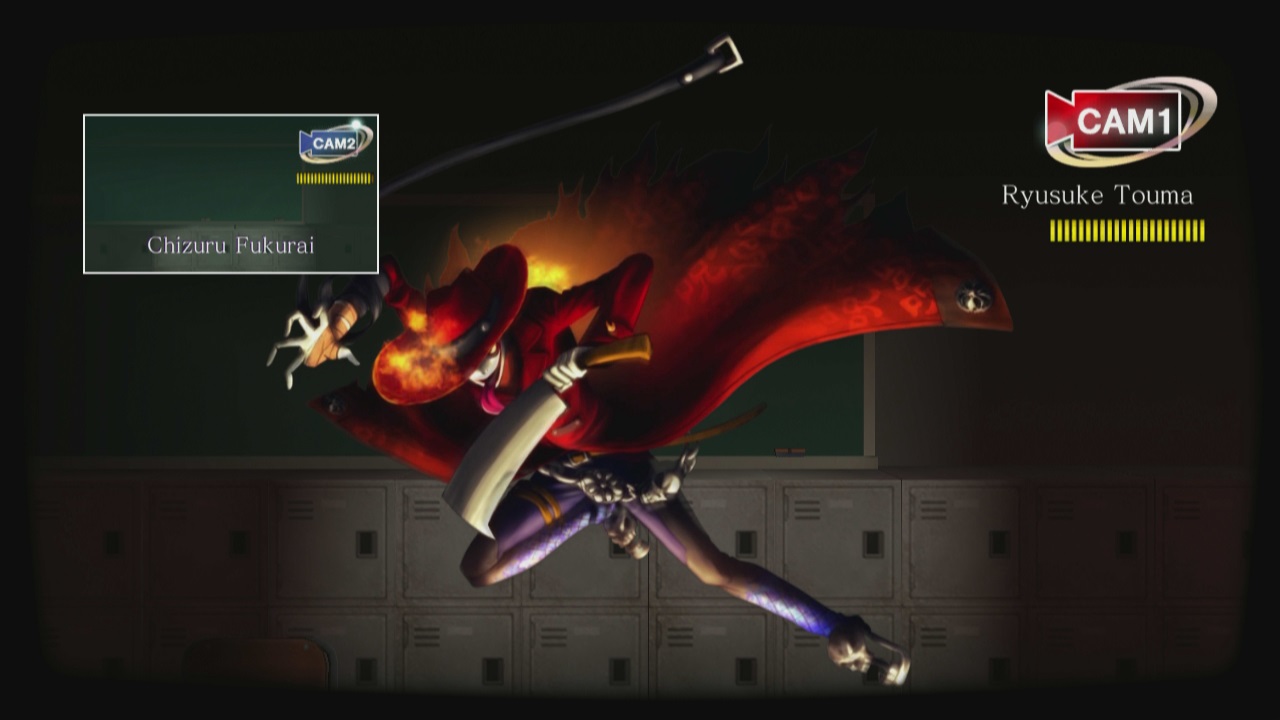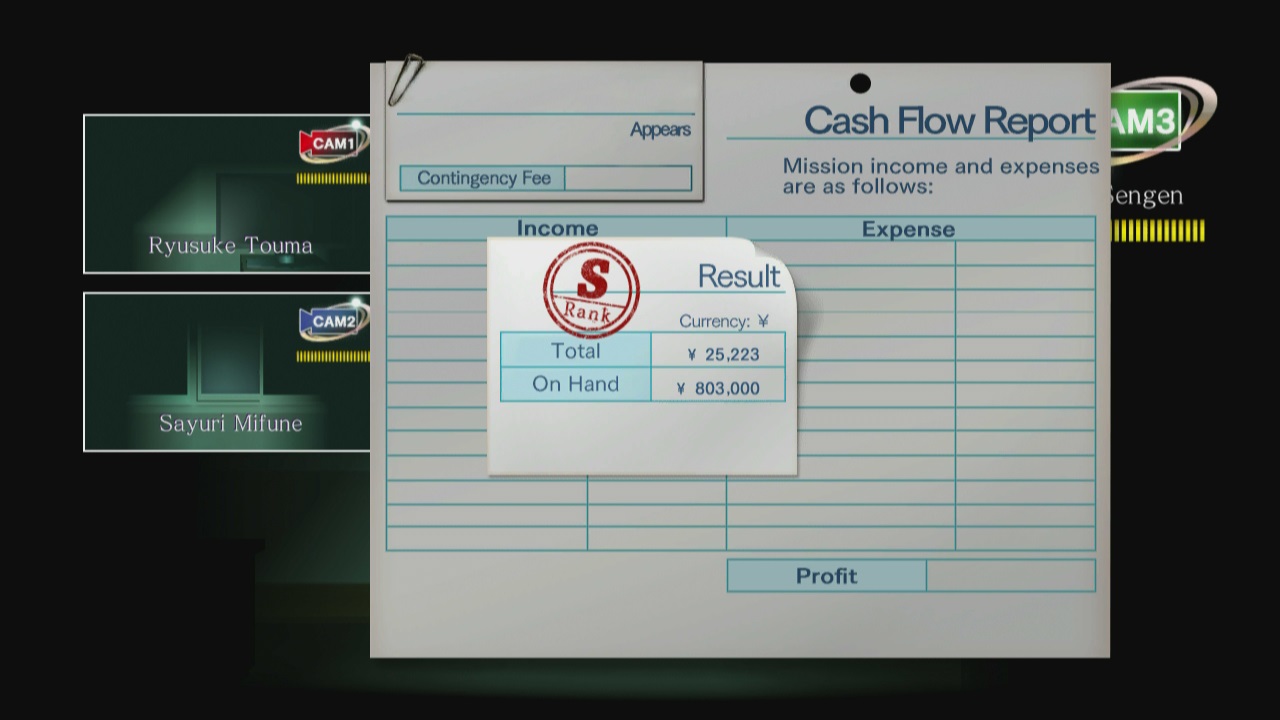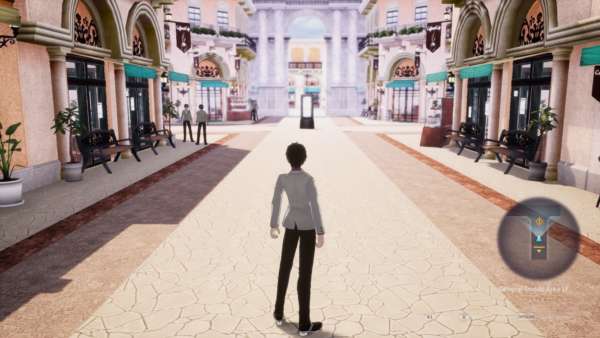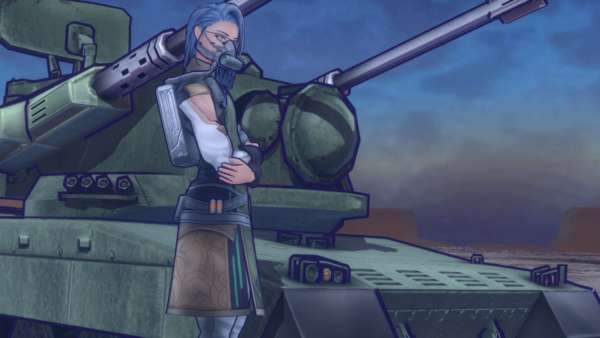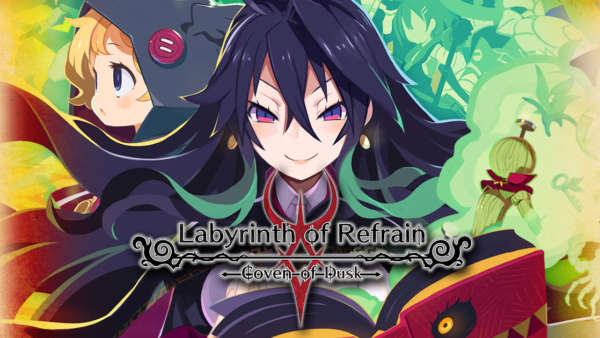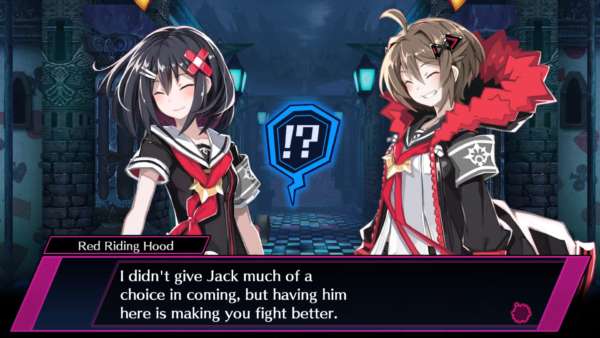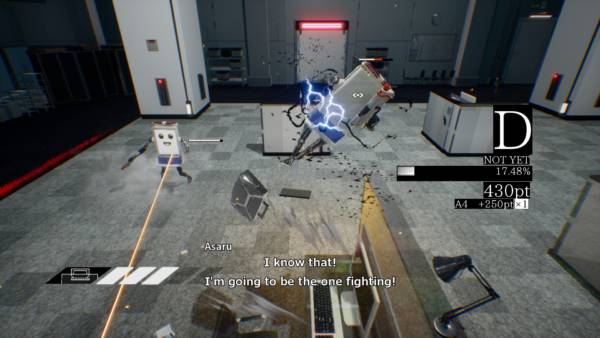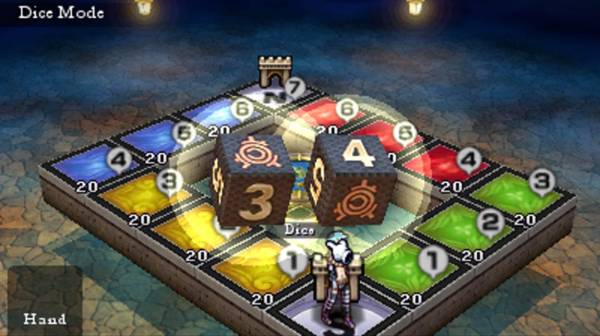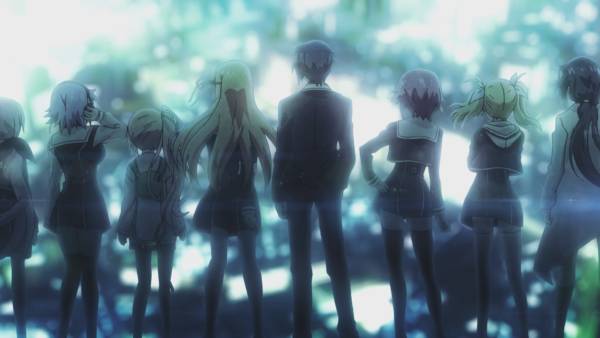Ghost hunting isn’t the easiest of careers to get into, and if Peter Venkman from Ghostbusters is any indication, it gets messy if you get too close. Tokyo Twilight Ghost Hunters is the latest game to utilise this theoretical activity as a gameplay mechanic. Developed by Toybox Inc, the team behind the cult classic Deadly Premonition, Tokyo Twilight offers an afterlife focused narrative set in a fictional Japanese metropolis. For the most part, it does deliver an interesting experience, but there are a few chinks in the supernatural armour which can either help or hinder your enjoyment.
Like many games of its type, your player character remains entirely in the first person at all times, so you never know precisely what you look like, only that you are a male high school student who has transferred from another town. After a fairly ordinary day, you are enticed to follow a curious student into a restricted area, and come across a team of misfit individuals who are hunting a mysterious spirit known as the Man in a Burning Coat. After aiding in the exorcism of this spirit, you are enlisted in the ranks of their team to help save the world.
